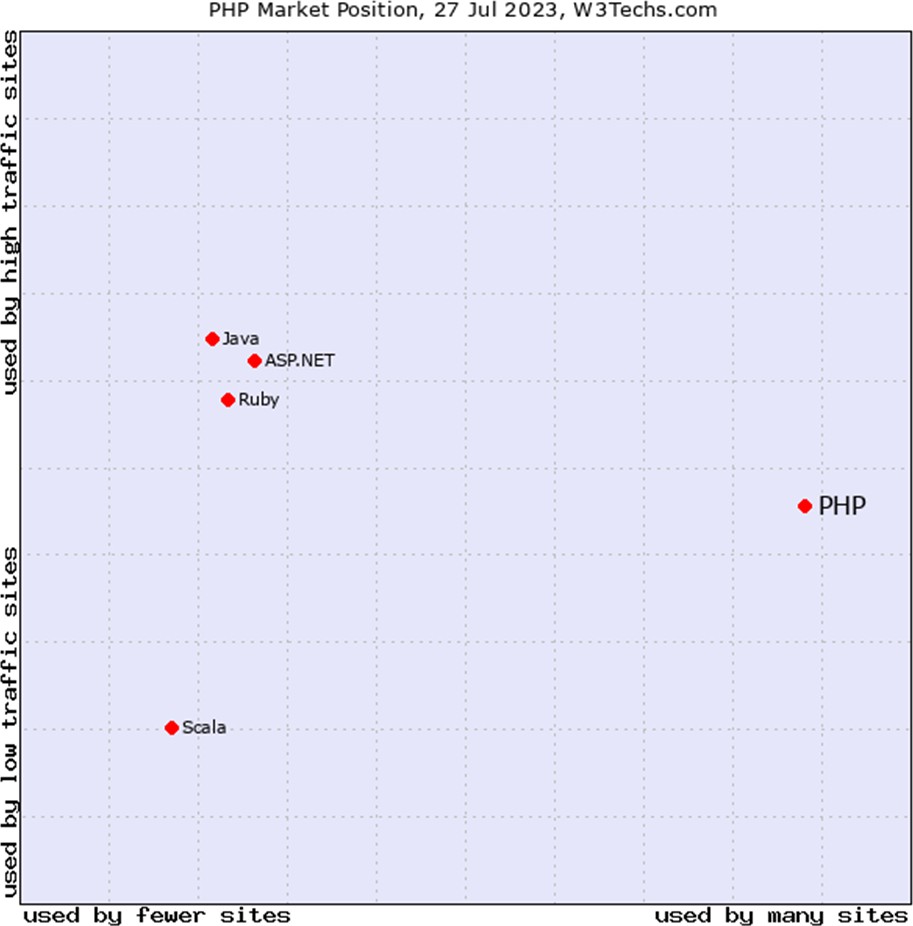INT221 MVC
PROGRAMMING
Lecture #0
The kick start session

Course details
![]()
- LTP – 202
Assessment/Evaluation Scheme
![]()
- Attendance: 5
- CA: 45
- ETE: 50
Course outcome
![]()
Through this course students should be able to:
CO1 :: Understand the directory structure and request response life cycle in Laravel .
CO2 :: Develop flexible, user-friendly and clean web applications .
CO3 :: Demonstrate well-organized, reusable and maintainable code using views and controllers
CO4 :: Use forms and gather and validate inputs
CO5 :: Make cookies and sessions to store users information across the requests
CO6 :: Construct a database and use appropriate SQL
statements to create tables and store data
PO1
Program Outcomes
Engineering knowledge: Apply the knowledge of mathematics, science, engineering fundamentals, and an engineering specialization to the solution of complex engineering problems.
PO2
Problem analysis::Identify, formulate, research literature, and analyze complex engineering problems reaching substantiated conclusions using first principles of mathematics, natural sciences, and engineering sciences.
PO3
Design/development of solutions::Design solutions for complex engineering problems and design system components or processes that meet the specified needs with appropriate consideration for the public health and safety, and the cultural, societal, and environmental considerations.
PO4
Conduct investigations of complex problems::Use research-based knowledge and research methods including design of experiments, analysis and interpretation of data, and synthesis of the information to provide valid conclusions.
PO5
Program Outcomes
Modern tool usage::Create, select, and apply appropriate techniques, resources, and modern engineering and IT tools including prediction and modeling to complex engineering activities with an understanding of the limitations.
PO6
The engineer and society::Apply reasoning informed by the contextual knowledge to assess societal, health, safety, legal and cultural issues and the consequent responsibilities relevant to the professional engineering practice.
PO7
Environment and sustainability::Understand the impact of the professional engineering solutions in societal and environmental contexts, and demonstrate the knowledge of, and need for sustainable development.
PO8
Ethics::Apply ethical principles and commit to professional ethics and responsibilities and norms of the engineering practice.
PO9
Individual and team work::Function effectively as an individual, and as a member or leader in diverse teams, and in multidisciplinary settings.
Program Outcomes
PO10
Communication::Communicate effectively on complex engineering activities with the engineering community and with society at large, such as, being able to comprehend and write effective reports and design documentation, make effective presentations, and give and receive clear instructions.
PO11
Project management and finance::Demonstrate knowledge and understanding of the engineering, management principles and apply the same to one’s own work, as a member or a leader in a team, manage projects efficiently in respective disciplines and multidisciplinary environments after consideration of economic and financial factors.
PO12
Life-long learning::Recognize the need for, and have the preparation and ability to engage in independent and life-long learning in the broadest context of technological change.
PO13
Competitive Skills::Ability to compete in national and international technical events and building the competitive spirit alongwith having a good digital footprint.
Course contents
![]()
Unit I
Introduction to MVC Laravel Framework : Overview of Laravel, Laravel Features, Laravel Installation and Composer, Laravel Application Structure, Laravel Configuration- Environmental Configuration, Database Configuration
Course contents
![]()
Unit II
Request, Routing & Responses : Laravel Request Lifecycle, Basic Routing, Routing Parameters, Understanding Views in Laravel, Passing Data to Views, Sharing Data with all Views, Laravel Response-
| Attaching | Headers, | Attaching | Cookies, JSON |
| Response, | Laravel | Redirections, | Redirecting to |
Named Routes, Redirecting to Controller Actions
Course contents
![]()
Unit III
Controllers, Blade and Advanced Routing : Basic Controllers- Creating Controllers, Controller Routing, Controller Middleware, Restful Resource Controllers, Blade- Creating Templates, PHP Output, Controller Structures, Templates Inheritance, Advanced Routing- Named Routes, Secure Routes, Parameter Constraints, Route Groups, Route Prefixing, Domain Routing, URL Generation- The current URL, Generating Framework URLs, Asset URLs, Generation Shortcuts
Course contents
![]()
Unit IV
URL Generation, Request Data and Emails : Request Data-Retrieval, Old Input, Uploaded Files, Cookies, Sending Emails
Laravel Localization and Sessions : Laravel Localization and Examples, Laravel Session- Accessing Session Data, Storing Session Data, Deleting Session Data
Course contents
![]()
Unit V
Laravel Forms and Validation : Opening Forms, Form Fields, Form Buttons, Form Macro, Form Security, Laravel Validation-Simple Validation, Validation Rules, Error Messages, Custom Validation Rules, Custom Validation Messages
Course contents
![]()
Unit VI
Databases, Schema Builder and Migrations : Databases-Abstraction, Configuration, Preparing, Schema Builder-Creating Tables, Column Types, Special Column Types, Column Modifiers, Updating Tables, Dropping Tables, Schema Tricks, Migrations- Basic Concept, Creating Migrations, Running Migrations, Rolling Back, Migration tricks
List of practicals
![]()
- Installation of Laravel and Composer using command prompt
- Implement sharing of data using views
- Use route parameters and parameter constraints
- Implement redirections using routes and controllers
- Create and register middlewares in Laravel
- Create blade templates, controller structures and template inheritance in Laravel
- Use restful resource controllers to perform CRUD operations
List of practicals
![]()
- Working with advanced routing and URL methods in Laravel
- Send emails and upload files in Laravel
- Access, store and delete cookie and session data in Laravel.
- Create form and implement simple validation, error messages, custom validation rules and custom validation messages in Laravel.
- Connect to database in Laravel
- Create, modify, update tables in Laravel
- Manage database with migrations
Text & Reference Books
![]()
Text Books: LARAVEL 5 ESSENTIALS by MARTIN BEAN, PACKT PUBLISHING
References: BEGINNING LARAVEL by SINHA, SANJIB, APRESS
[pdf_note link=”https://drive.google.com/file/d/1STi1M4zySsB0eDwUiEujNrrdFvTqLwYd/view”]